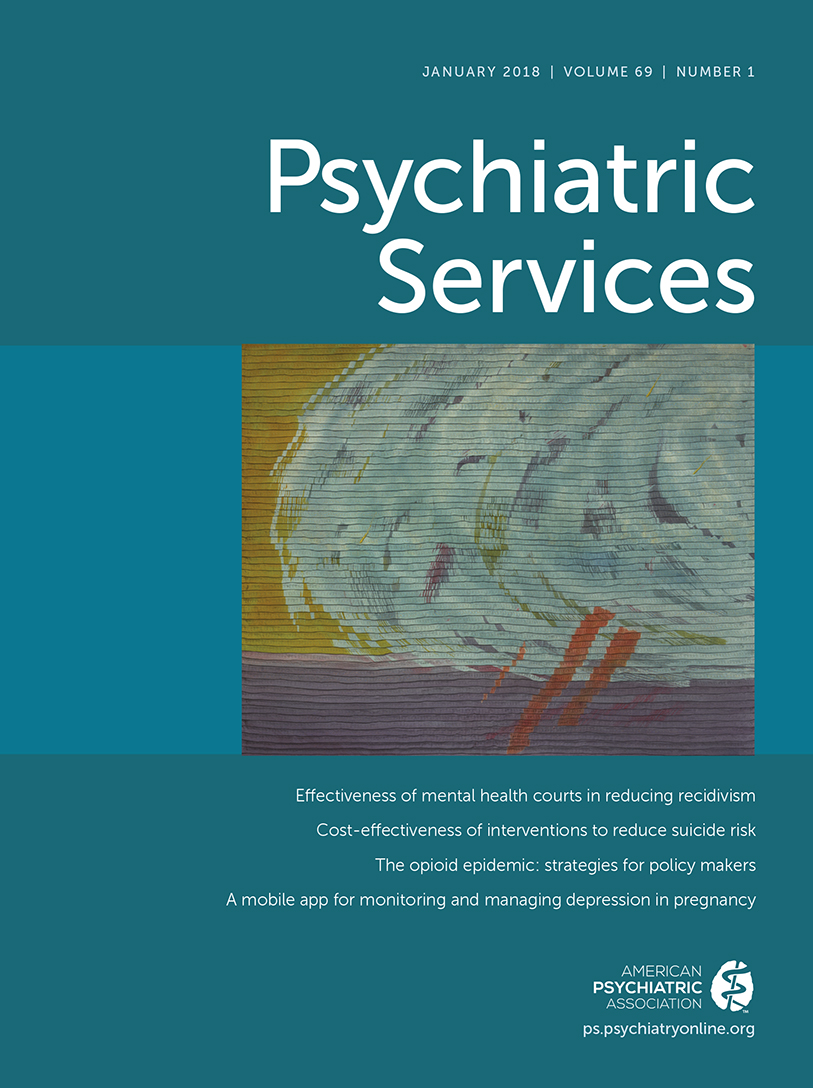Mammography Among Women With Severe Mental Illness: Exploring Disparities Through a Large Retrospective Cohort Study
Abstract
Objective:
This study examined mammogram screening rates among women with severe mental illness by using a socioecological framework. Because it has been shown that people with severe mental illness receive less preventive health care overall, the analysis included psychosocial predictors of mammogram screening rates in a cohort of women with severe mental illness.
Methods:
This retrospective cohort study (N=14,651) used existing statewide data for women ages 48–67 in California with Medicaid insurance who received treatment in the specialty mental health care system. The primary outcome of interest was evidence of breast cancer screening via mammogram. The associations of each predictor of interest with mammogram screening were evaluated by using Poisson models with robust standard errors.
Results:
Across all demographic and diagnostic categories, rates of breast cancer screening in this cohort of women with severe mental illness fell below the national average. Only 26.3% (3,859/14,651) of women in the cohort received breast cancer screening in the past year. This study replicated previous findings that women with schizophrenia spectrum disorder and those with a comorbid substance use disorder are less likely to receive screening than those with other types of mental illness. In this cohort of women with severe mental illness, evidence of nonpsychiatric health care utilization was strongly associated with breast cancer screening (adjusted risk ratio=3.30, 95% confidence interval=2.61−4.16, p<.001).
Conclusions:
The findings can inform efforts to improve breast cancer screening among women with severe mental illness, such as targeted outreach to population subsets and colocation of primary care services in mental health treatment settings.



